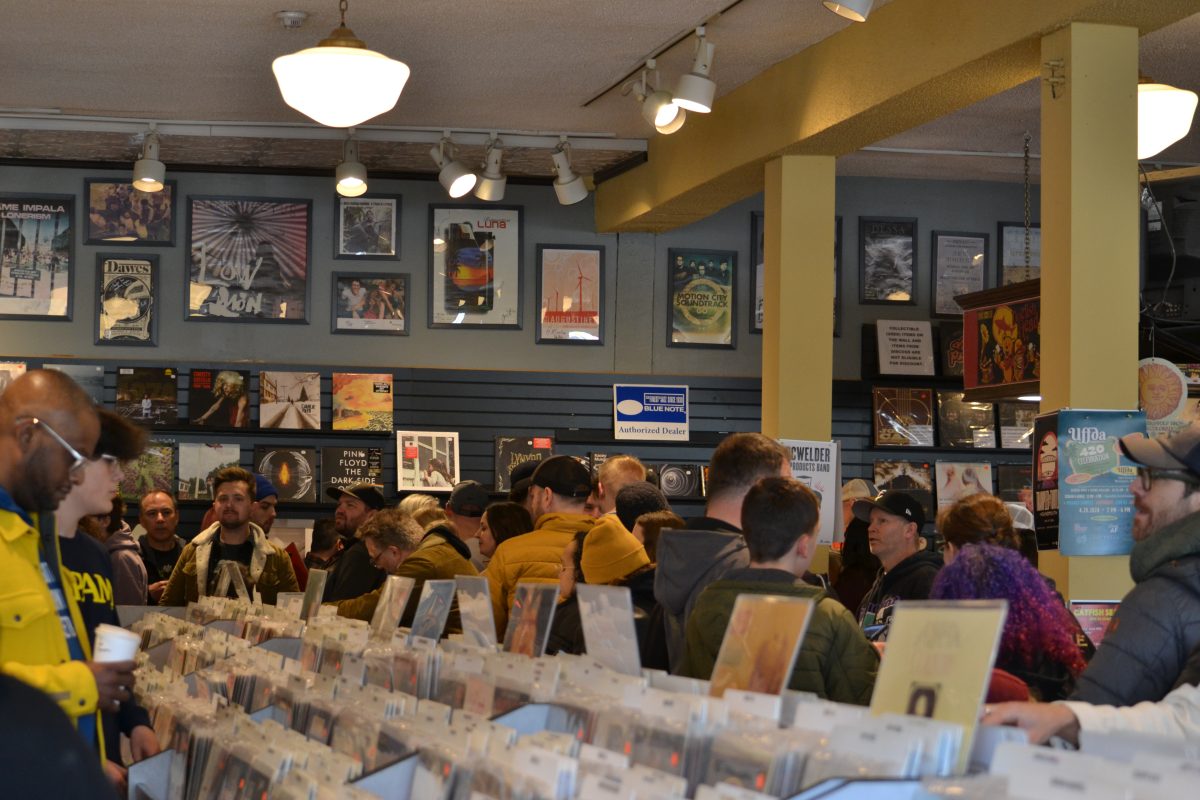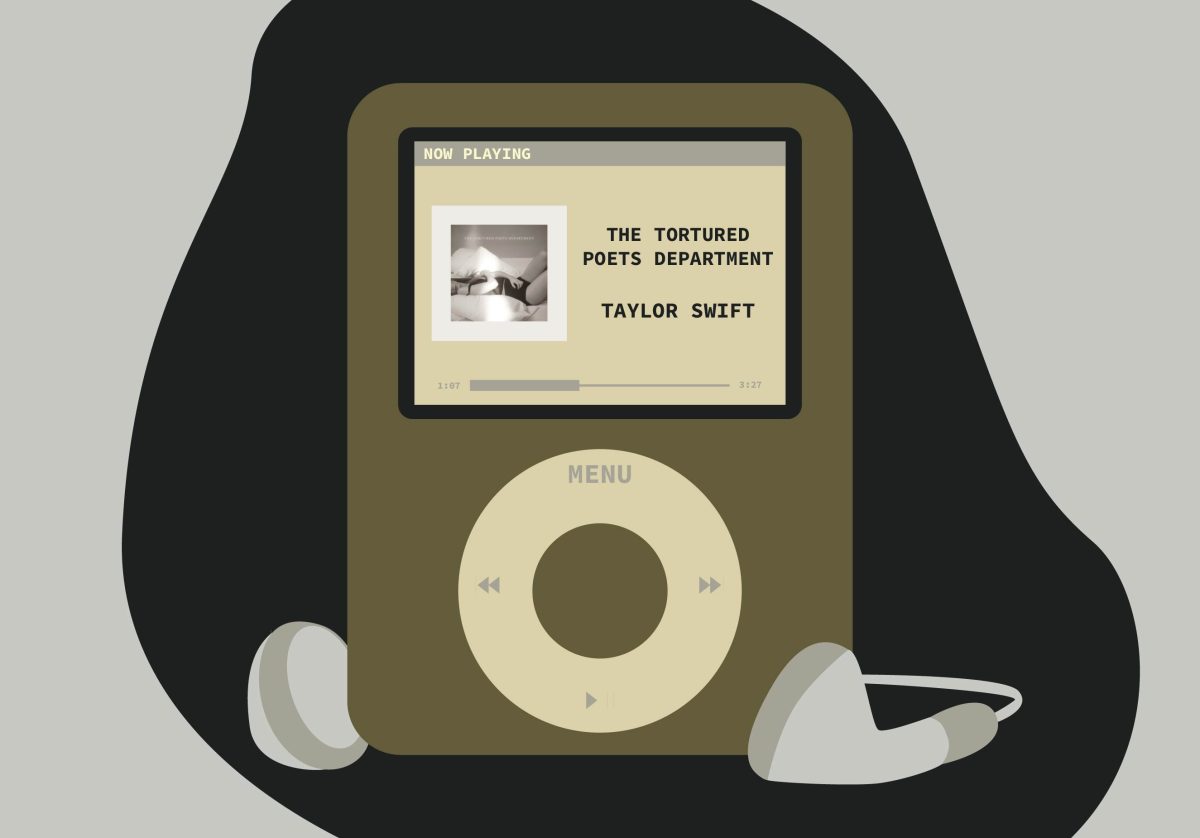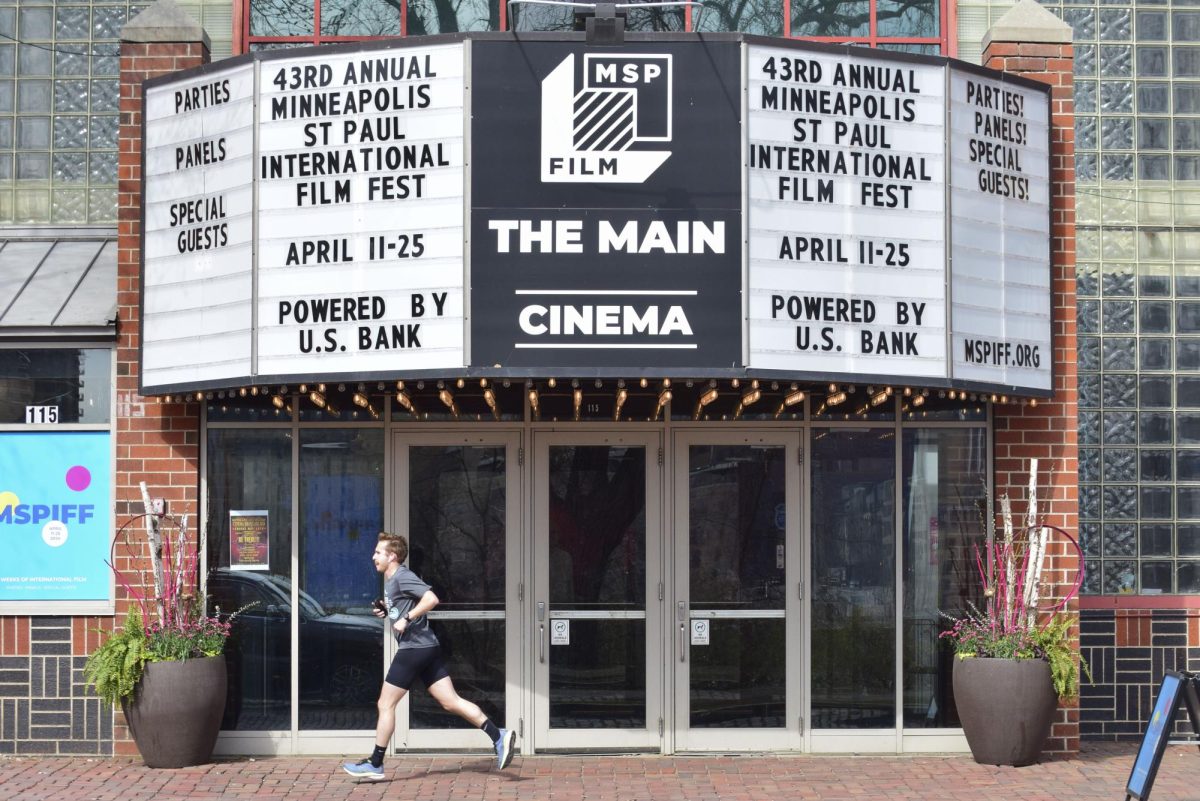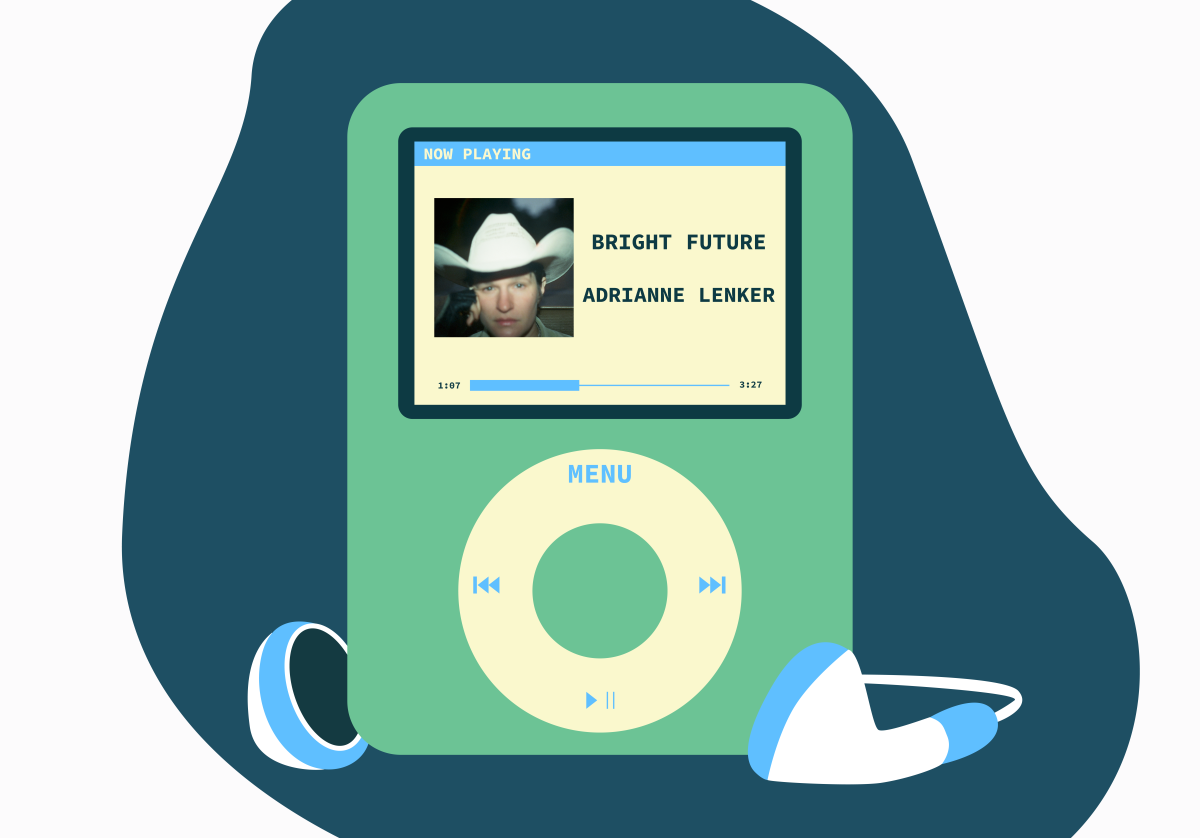It’s not an easy time to be a musician in the Twin Cities. With the 488-day Minnesota Orchestra lockout and the recent closing of the Artists’ Quarter, the outlook feels bleak.
While the Orchestra’s comeback provides some hope, the Artists’ Quarter closed its doors Jan. 1. Housed inside the Historic Hamm Building, the basement club was a cornerstone of Twin Cities’ jazz. Other than the Dakota, it was the most notable jazz club in the state.
“It was an integral part of my journey as a musician,” Artists’ Quarter regular Cory Wong said.
However — as is the case with marriage and art — passion is not enough. Musicians in Minnesota face an unfavorable economic climate, increasingly insecure conditions for jobs and less funding for music. This poses a significant problem for University students.
If you’ve ever been around the practice rooms of Ferguson Hall on the University of Minnesota’s West Bank, you know that the activity there is incessant. The clamor of warm-up scales, recital preparation and chatter fills the space with ambitious energy.
“Classical music isn’t gaining popularity,” guitar performance and political science double major Tyler Tracy said. “As far as trying to be a musician after I finish my four-year degree, I wouldn’t say I’m particularly confident or have a solid plan.”
Tracy, a junior, plays both classical and jazz. While he’s had opportunities throughout his college career, he’s apprehensive about the future.
“It’s tough, but there’s always the hope that I could plug into a specific community that will support me,” he said.
That’s what Wong did. The guitarist played a weekly jazz set for years at the Quarter and has made his living from music his entire life. Wong said he feels lucky and his outlook on the music scene is more positive.
“There are opportunities out there. You’ve got to be able to do more than just one thing,” he said. “I make just as much money doing arrangements and being a music director or a producer.”
Wong said that the jazz community in the Twin Cities is as strong and active as other metropolitan areas in the U.S. It’s definitely smaller in size, but Wong said that he’s found many places to play by committing his time.
“It sounds cheesy, but it’s hard work and dedication to your craft,” he said. “But then there’s the part that never gets taught in school, and that’s the hang.”
“The hang” is networking. Wong said meeting other musicians, being easy to work with and taking advantage of the friendships possible in the music scene is crucial for success.
Dean Sorenson, an associate professor of jazz studies and director of two jazz combos at the University, said he feels similarly.
“You can’t sit back and wait for the phone to ring; that’s for sure,” he said.
Though the University doesn’t have a specific jazz major, Sorenson said students are able to make jazz a significant part of their studies by taking classes that the School of Music offers.
Sorenson said he brings in as many workshops as he can to give students insight on success in the real world. In addition, they’re beginning to offer classes that focus on the “hang” Wong is talking about.
The School of Music is teaming up with the Carlson School of Management to offer a class focused on the entrepreneurial side of music.
“Everybody’s always looking for places to play, and it’s always been like that. Jazz is a niche style, and it has been for a long time,” he said. “I always try to get my students out into the community.”
Zach Miller, a music education sophomore, takes courses with Sorenson and said he feels that the University is adequately preparing him for his career.
“You have to believe in yourself,” he said. “I figured that if I went into music education, I’d always be able to perform on the side.”
While his confidence isn’t dwindling, Miller isn’t delusional.
“I would love to just not study anything else and play jazz every day,” he said. “But you have to be more marketable now because so many teachers get cut.”
It’s a challenging line to toe. Every source said each musician has their own path, and there’s no fail-safe way to make a living in music. Regardless, the results remain: The Twin Cities aren’t a bad place to give jazz a shot.
“There is a dedicated community here,” Wong said. “There’s no question.”




















